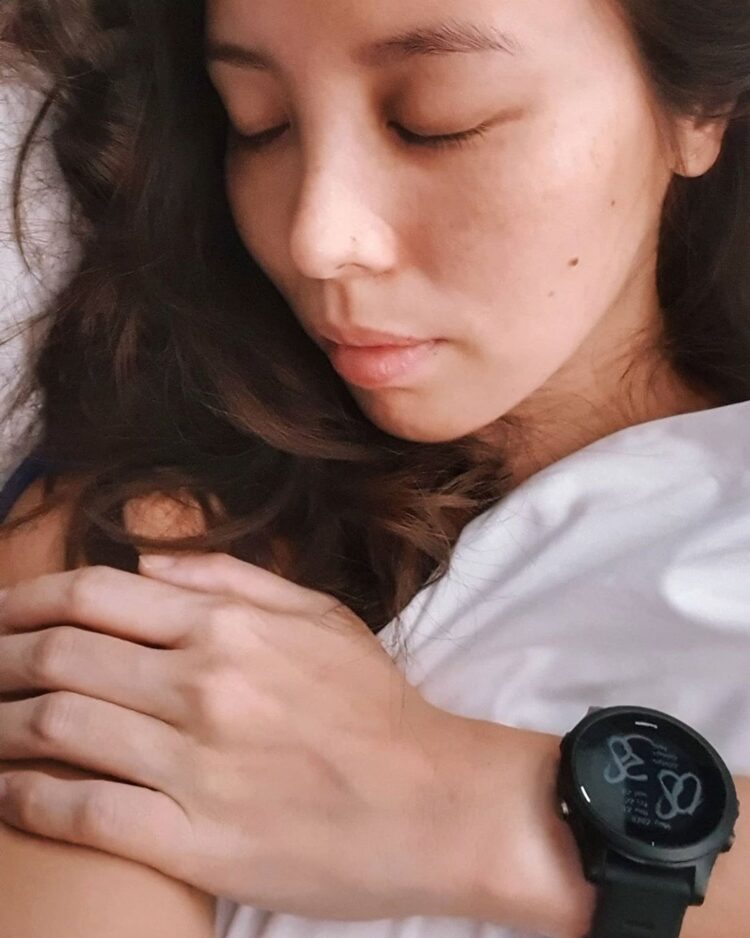My brother-in-law tells me that my family is blessed because we’re able to sleep almost anywhere, almost at the drop of a hat. I suppose there’s something genetic about being able to take naps anywhere and fall asleep quite quickly. (It’s also a skill both my parents learned during their medical studies when they were required to pull 24-hour shifts.)
Still, sometimes I do have a harder time falling asleep — and it’s not because I’ve pulled off a Netflix binge. There are a number of instances where your sleep pattern or schedule can get thrown off, and understanding why can go a long way towards remedying the issue and getting the sleep that you need.
Because yes, you do need sleep. Despite what the culture of “hustle” may dictate, your body requires a certain amount of rest to regenerate itself and it is most efficiently able to do this when you sleep, preferable for many hours at a time. Sleep deprivation has been shown to impair both physical and mental function. For me, the biggest downside of poor sleep is a weakened immune system, especially during this global pandemic.
In my latest vlog I go through a few of the reasons for sleep disturbance I’ve experienced or have observed in loved ones.
- Overtraining
- Sedentary lifestyle
- Poor timing of caffeine intake and exercise
- No routine and no set sleep schedule
- Mental health issues especially anxiety
A lot of the sleep disturbances my friends have experienced during the quarantine period can be traced to feelings of anxiety as well as getting thrown off their regular schedules for work and rest. When you’re working from home and what is normally a place of rest turns into the workplace, it can get harder to relax and switch off.
The remedy to most of these is behavioral change (but for anxiety you will need to get to the root or cause of the anxiety, so this is something best dealt with by working with mental health professionals). For overtraining, it’s backing off the training. For a sedentary lifestyle, it’s getting regular exercise. For sleep disturbance caused by caffeine intake and exercise, it’s getting those things done earlier in the day and maybe cutting down on caffeine also. And then you also have to set a regular routine for yourself, because the body follows certain rhythms and when you learn to work with them it’s easier to sleep when it’s time to do so. Also, avoid working on your bed so your mind doesn’t subconsciously associate the bed with work instead of rest.
I also talk about some of the other interventions I’ve tried to improve sleep, like melatonin supplements and aromatherapy. In the case of melatonin, it’s a naturally-occurring chemical in the body that doesn’t cause dependence and is usually used by those suffering from jet lag so they can get on the correct sleep schedule. With essential oils (like my Lemongrass House Peaceful Sleep essential oil blend), aromatherapy using lavender scent has been shown to improve quality of sleep — and smelling something nice can tend to have a calming effect on me also.
Watch here:

